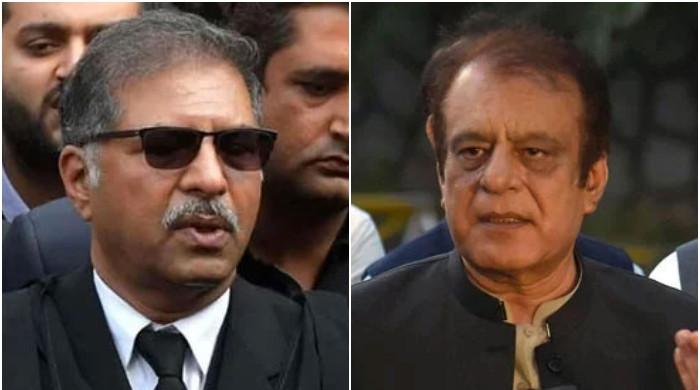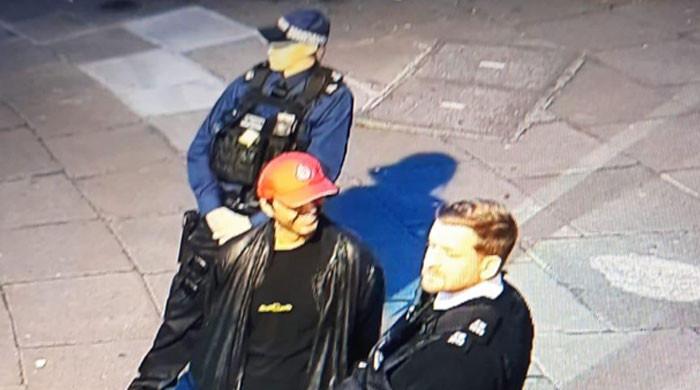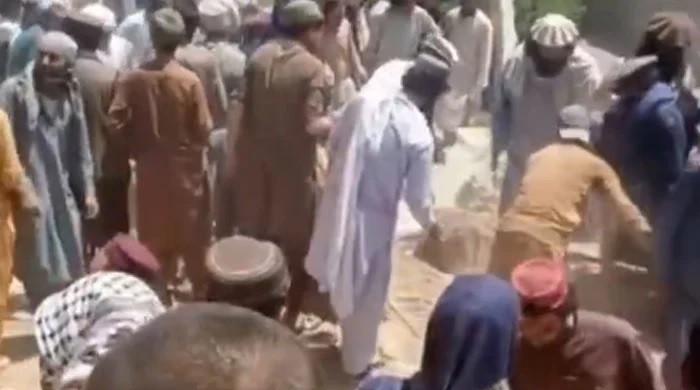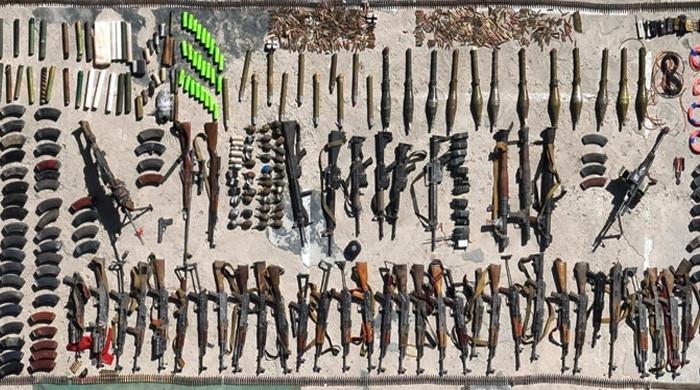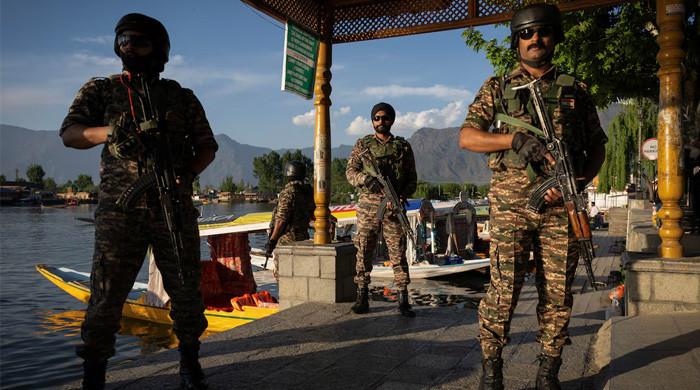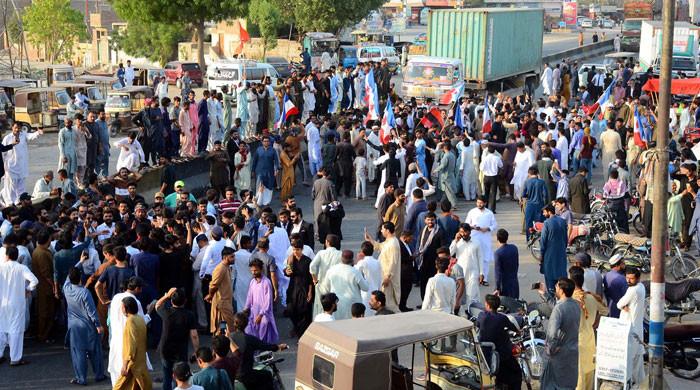Ex-FIA deputy director Sajjad Bajwa accuses PM Imran Khan and his aides of corruption
Sajjad Bajwa did not respond to allegations levelled against him during the course of the inquiry, says the interior ministry
November 18, 2020
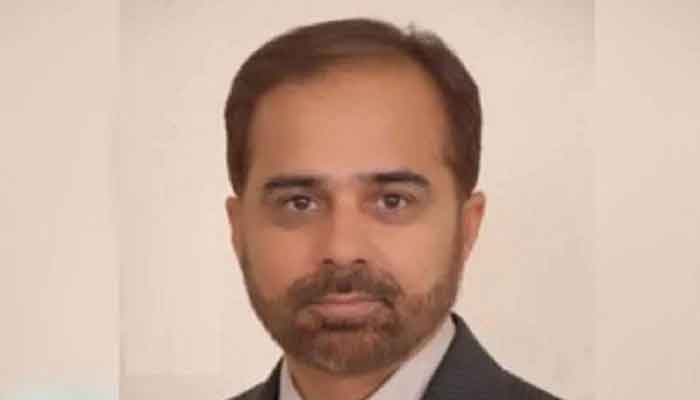
ISLAMABAD: FIA's former deputy director Sajjad Bajwa, who was fired from his services on charges of inefficiency and leaking sensitive information, has accused Prime Minister Imran Khan, his principal secretary Azam Khan, and adviser on accountability and interior Shahzad Akbar for benefitting the sugar mafia to the tune of more than Rs400 billion.
Bajwa has threatened to go to court to prove the alleged misconduct.
Dismissing the allegations, Shahzad Akbar said that the PM had nothing to do with the matter, adding that he did not even know Sajjad Bajwa.
According to BBC Urdu, Sajjad Bajwa claimed that the decision to remove him from his office was taken a long time ago. He was leading the first of the nine sugar inquiry commission teams and was tasked with the investigation of PTI leader Khusro Bakhtiar's sugar mill.
Sajjad Bajwa claimed that during the investigation, he suspected the smuggling of sugar to Afghanistan and raised questions about the role of the State Bank of Pakistan (SBP), the Securities & Exchange Commission of Pakistan (SECP), and the Federal Board of Revenue (FBR) in the sugar business.
Per his claim, some powerful people holding top government offices turned against him because of their connections with the sugar mafia.
Last week, the FIA had dismissed Bajwa from his FIA duties based upon an investigation into his activities. The inquiry commission was constituted by the Ministry of Interior on April 30, 2020.
The inquiry proved all the charges against Bajwa, after which he was served with a show-cause notice as well as given a personal hearing by the authority.
Upon his failure to prove his innocence, he was penalised and removed from his service.
Ministry issues clarification
The Interior Ministry, in its clarification, has said that Sajjad Bajwa was removed after the inquiry and was given ample time to prove his innocence.
The statement stated the Bajwa did not participate in the inquiry despite multiple notices and warnings.
"Sajjad Bajwa did not respond to allegations levelled against him during the course of the inquiry before the authority."





